Days after the coup in Niger, thousands of people marched in Niamey waving Russian flags and chanting slogans against France and its Western allies.
As President Mohamed Bazoum was placed under military house arrest in his residence in Niamey, pro-coup rallies took place in the capital and other parts of Niger. Crowds chanted "Long live Putin" and "Down with France" as they smashed the gates of the French embassy in Niamey.
The images sent shockwaves through the Elysee Palace thousands of miles away. French President Emmanuel Macron threatened retaliation against any attacks on French citizens and condemned the coup as “totally illegal and dangerous” for both Niger and the entire region.
The US and other Western countries have also criticised the coup, while the Economic Community of African States (ECOWAS) has warned of military intervention if Mr Bazoum is not restored to power.
US President Joe Biden called for Mr Bazoum's immediate release, saying Washington "stands with the people of Niger" as the country faces a serious challenge to its democracy.
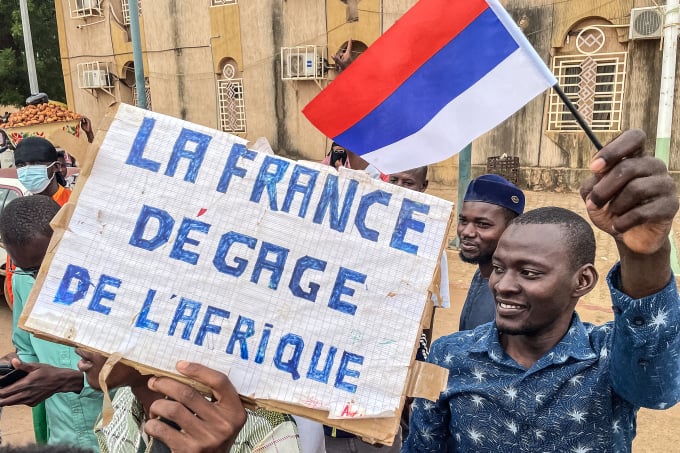
Nigeriens waved Russian flags and held signs demanding France leave Africa during a protest in the capital Niamey on August 3. Photo: AFP
The coup in Niger is just the latest in a series of recent political upheavals in Africa. Military governments have taken power in five West and Central African countries in the past three years, all of which were former French colonies.
The coup in Niger has cost the West, especially France and the United States, an important ally in the volatile region. As West Africa's largest country, Niger is considered a key partner in the fight against extremist Islamist groups in the Sahel region, a belt south of the Sahara desert.
The US has about 1,100 troops stationed in Niger, as well as a drone base to support the Niger military in its fight against insurgent groups linked to the self-proclaimed Islamic State (IS) and al-Qaeda.
The French military also maintains two permanent bases in the Sahel, one in the capital Niamey. This is the main base for Operation Barkhane, France's counterterrorism initiative targeting insurgents across the Sahel, including in Burkina Faso.
The number of violent incidents involving Islamist extremist groups in the Sahel region has increased sharply since 2021, according to a report released by the Pentagon's Africa Center for Strategic Studies on July 31.
Niger is also the top supplier of uranium to the European Union and accounts for about 5% of global supply, according to the World Nuclear Association.
Despite its rich resources, Niger remains one of the poorest countries in the world. Many Nigeriens, especially the younger generation, blame France's policies of exploitation and influence on its former colony for the poverty of the West African nation.
"We want to tell Mr. Macron that Niger belongs to us. We can do whatever we want with this country and deal with whoever we want," said pro-coup protester Maman Sani.
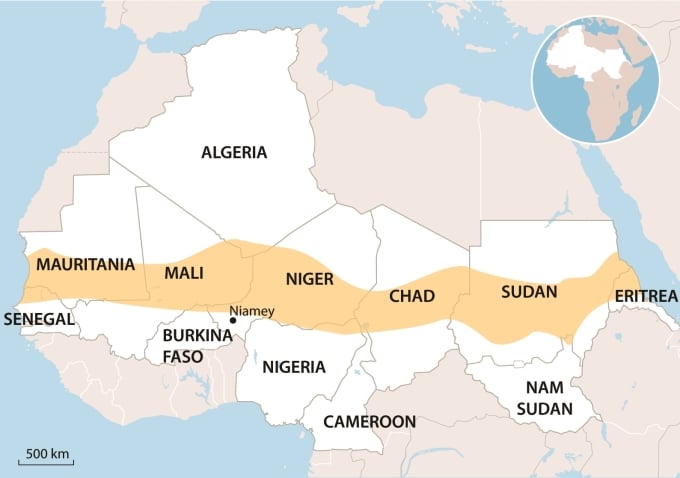
Location of Niger and the Sahel region. Graphic: AFP
Anti-French sentiment has spread across former French colonies in West and Central Africa, according to Oluwole Ojewale, an analyst at the Institute for Security Studies (ISS) in South Africa.
“There is a feeling that even though they are independent, these countries are still very much influenced by France,” Ojewale said.
For decades, France has maintained a presence in many of its former colonial African countries in a special relationship often referred to as Francafrique. This policy is often criticized as maintaining a neo-colonial practice, according to CNN analyst Stephanie Busari.
The Central African franc (CFA) has been controversial since it became the currency of 14 West and Central African countries, including Niger. Countries using CFA are required to keep 50% of their reserves at the Bank of France. While Paris insists the system promotes economic stability, many say it allows France to control the economies of countries using CFA.
The coup in Niger comes amid a fierce competition between Russia and the West for influence in Africa, where experts say rising anger in former French colonies has left the door open for Moscow. While there is no indication that Russia instigated the coup in Niger, Moscow has sought to exploit anti-Western sentiment in the region in recent years.
“Since the start of the war in Ukraine, Russia has stepped up its efforts to compete for influence and Moscow has almost returned as a geopolitical force in Africa. That worries Western intelligence agencies,” said Remi Adekoya, a political scientist at the University of York in the UK.
The Russian private military corporation Wagner is seen as an example of how Russia maintains and develops influence in Africa.
US officials warn Wagner may seek to exploit the crisis in Niger to increase its operations in Africa. Tycoon Yevgeny Prigozhin supported the coup and offered help to the country's new leader.
"What happened in Niger has been brewing for years. The former colonialists are trying to control the African people by turning these countries into places of terror. That creates a huge security crisis," Prigozhin said.
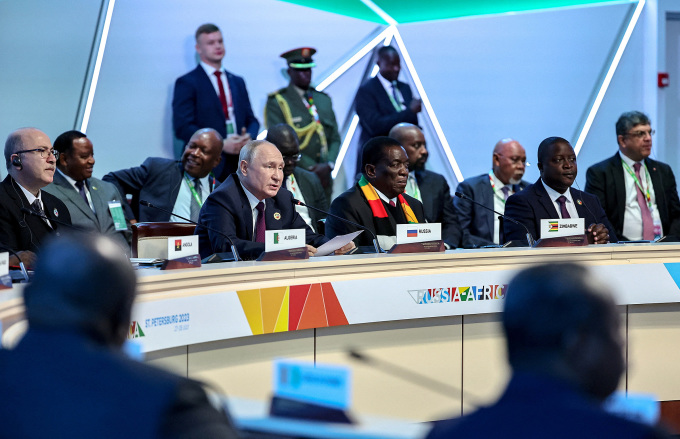
President Vladimir Putin with African officials at the Russia-Africa summit in St. Petersburg on July 28. Photo: Reuters
Russian President Vladimir Putin held a summit with African leaders in St. Petersburg last week, where he denounced Western colonialism and offered Africa a range of assistance, including debt relief for Somalia, a mobile medical laboratory for Uganda, a presidential helicopter for Zimbabwe’s leader, and promises of free grain to six African countries.
One of the countries receiving Russian support is Burkina Faso, where Captain Ibrahim Traore seized power in a coup last October. The country has since turned its back on France.
The 34-year-old leader of Burkina Faso is Africa's youngest head of state and one of several military junta leaders at the summit in St. Petersburg, where he pledged to "support and maintain friendship" with Russia.
“We want a multipolar world and a complete change in partners,” Traore said.
Thanh Tam (According to CNN )
Source link



![[Photo] Students of Binh Minh Primary School enjoy the full moon festival, receiving the joys of childhood](https://vphoto.vietnam.vn/thumb/1200x675/vietnam/resource/IMAGE/2025/10/3/8cf8abef22fe4471be400a818912cb85)


![[Photo] Prime Minister Pham Minh Chinh chairs meeting to deploy overcoming consequences of storm No. 10](https://vphoto.vietnam.vn/thumb/1200x675/vietnam/resource/IMAGE/2025/10/3/544f420dcc844463898fcbef46247d16)

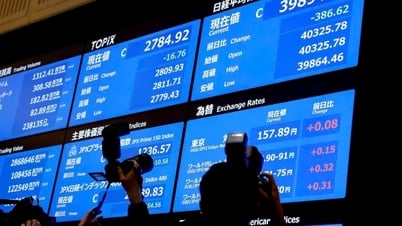

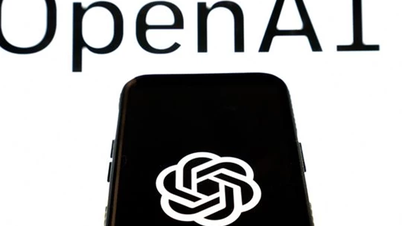



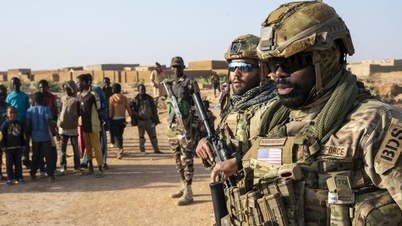



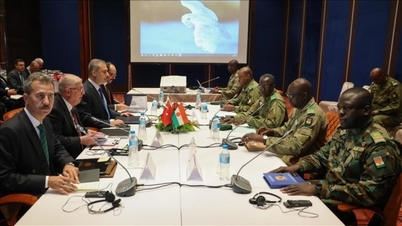
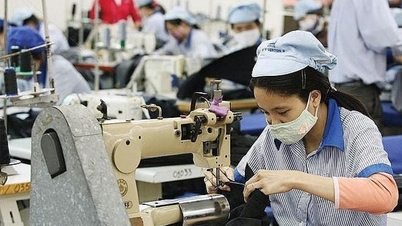

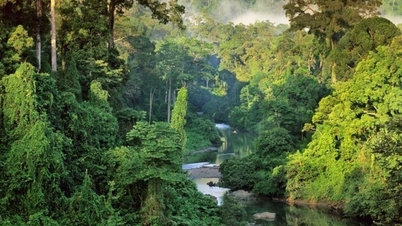
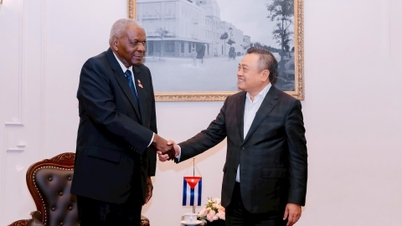
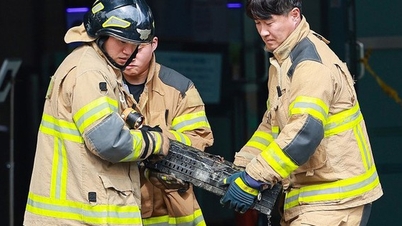

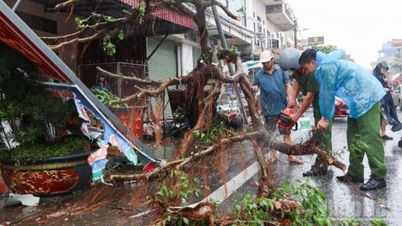






























































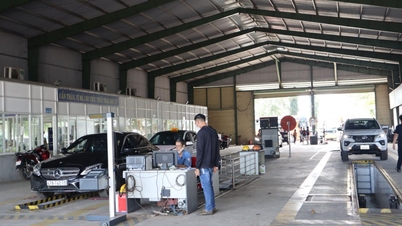


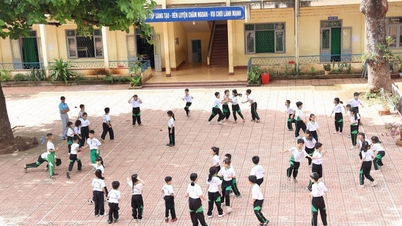
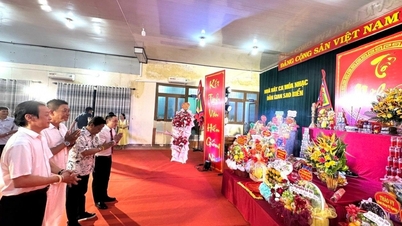













Comment (0)